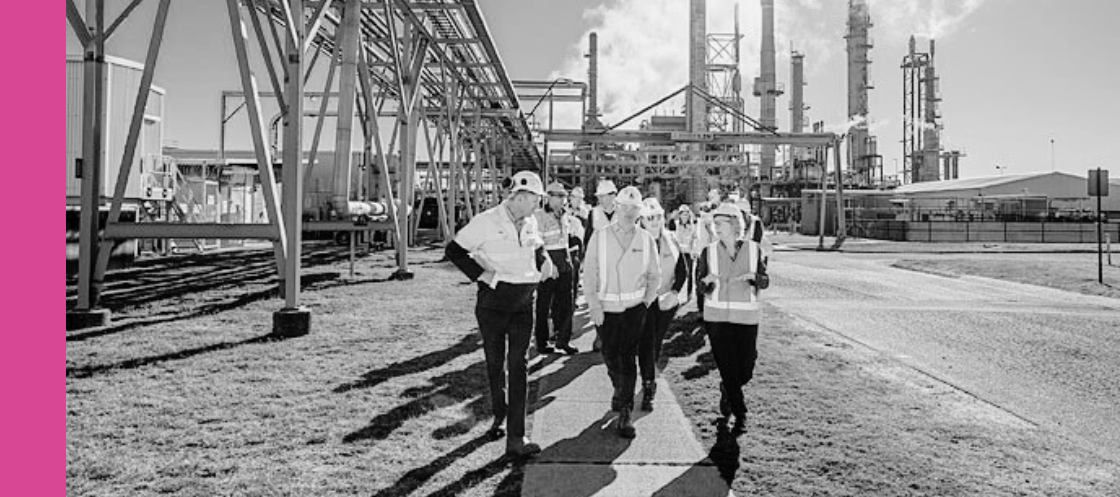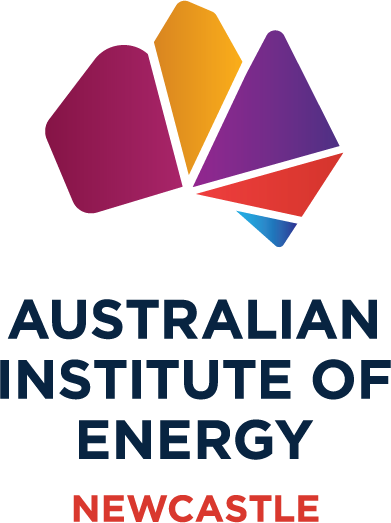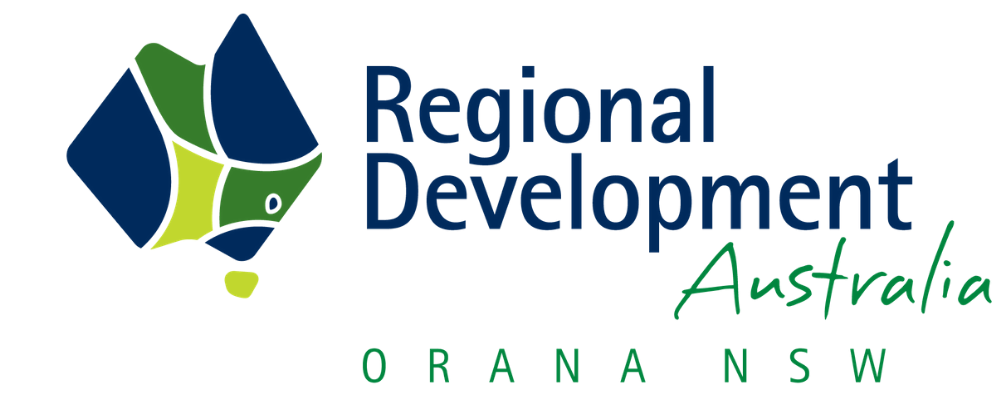Orica wins top honours in 2024 AFR Sustainability Awards
Orica has secured awards in the Resources, Energy, and Utilities category and was named the Overall winner for Impact.

Orica has been recognized for its sustainability initiatives, winning top honours in the 2024 Australian Financial Review (AFR) Sustainability Leaders awards.
The AFR Sustainability Leaders awards celebrate Australian companies making progress in addressing sustainability challenges while delivering business value. The assessment process is overseen by an expert panel that evaluates each company's impact on non-financial outcomes.
Orica's Kooragang Island Decarbonisation Project played a crucial role in securing these accolades. This project, a $37 million collaboration between Orica, the NSW Government, and the Clean Energy Finance Corporation, was completed in 2023.
The project involved implementing tertiary catalyst abatement technology across three nitric acid manufacturing plants at the Kooragang Island facility in Newcastle, Australia. This technology is expected to reduce the plant's emissions by approximately 45% and cut Australia's total chemical industrial sector emissions by around 11%.
The project has not only reduced emissions but also injected over $12 million into the Hunter Valley economy, helping to secure the future of the Kooragang Island manufacturing facility. It ensures the continued supply of critical products to the mining, medical, agricultural, and food and beverage sectors.
Germán Morales, Orica’s President for Australia Pacific and Sustainability, said: “We have been able to demonstrate that economic growth and environmental stewardship can go hand in hand, and together, we are shaping a more sustainable future.”
Orica is set to continue its decarbonisation efforts by installing similar technology at its Yarwun facility later this year. This initiative is part of the company’s broader goal to reduce net operational Scope 1 and 2 emissions by at least 45% by 2030 from 2019 levels and to achieve net zero emissions by 2050.












